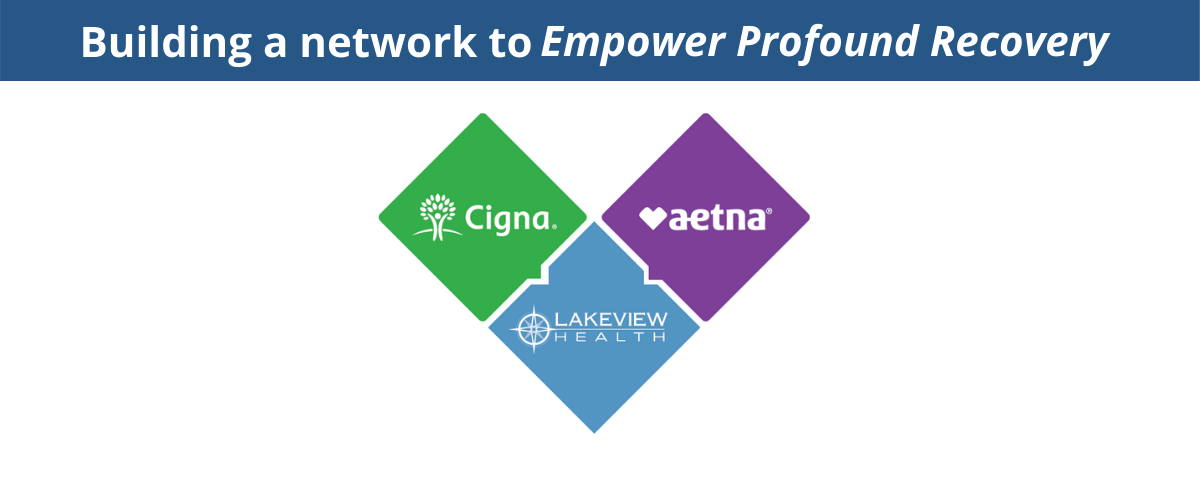

By: Lakeview Health
Photo by: Ynsalh / CC BY-SA 4.0
Ohio is one of three states comprising the heartland of America’s opioid addiction crisis. In 2015, West Virginia (41.5 per 100,000), Kentucky (29.9), and Ohio (29.9) were among the top five states with the highest rates of death due to drug overdose. Florida—with its own drug abuse epidemic and a population much larger than the Buckeye state—had fewer overdose deaths than Ohio in 2015. In his State of the State address in April, Ohio Governor John Kasich declared drug addiction “a common enemy,” and announced he is requesting up to $20 million in funding to help develop promising treatments and technologies to tackle the state’s opioid crisis. In March, Kasich unveiled a plan that limits the amount of opiates primary care physicians and dentists can prescribe to no more than a seven-day supply for adults (five days for minors). The new rules require doctors to provide a specific diagnosis and procedure code for every painkiller prescription they write. Ohio Democrats are now introducing legislation that would pull millions of dollars from the state’s rainy-day fund to combat the opioid crisis. According to an NBC affiliate WCMH, “the bill would funnel $200 million or 10 percent from the Rainy Day Fund to provide targeted and specific addiction treatment and prevention efforts.” The frantic measures indicate the severity of Ohio’s drug addiction crisis. So far, the efforts of the authorities have not been able to turn the deadly tide. Cincinnati.com reported in May that drug overdoses are surging once again in the Cincinnati region. “Hospitals, clinics, and law enforcement agencies are overwhelmed by the epidemic; they simply don’t have the resources to deal with this crisis,” says Ben Ertel, who represents Lakeview Health in Ohio. As in other states, addicts are switching from opioid pain relievers to heroin, which is increasingly laced with the extremely potent fentanyl or even more dangerous substances. When called in for an overdose, Hamilton County’s Heroin Coalition Task Force now offers treatment options at the scene or task force members follow up and visit users at home to get them into treatment. Ertel has been working with Hope over Heroin, which was founded in 2014 after more than fourteen heroin deaths occurred in one week in Hamilton County. Since then, the Cincinnati-based movement has taken its faith-based mission to end heroin addiction to cities throughout Ohio. Ohio hospitals have begun to use a practice called “Screening, Brief Intervention, and Referral to Treatment” (SBIRT) to identify and reduce substance misuse and prevent addiction to alcohol and drugs. “Mercy Hospital in Cincinnati now has SBIRT people in the emergency department,” says Ertel. “Their job is to identify addicts, do a brief intervention, and refer them to treatment.” Many patients with substance use disorder present with co-occurring conditions like anxiety, depression, or chronic pain. This complicates any recovery and requires sophisticated treatment methods.
“Many healthcare providers are looking for rehab centers that can take care of dual diagnosis patients and the Lakeview medical model is one of the best in the industry.”
– Ben Ertel, Client Services Consultant in Ohio
Healthcare professionals also love the gender-responsive approach at Lakeview, as many understand that recovery has a better chance when gender-specific needs are addressed by therapy and gender distractions are avoided. For many patients in Ohio, it is also a distinct advantage to get a break from their current environment. Addiction is a complicated disease requiring comprehensive care that addresses body, mind, and spirit. Lakeview’s health and wellness therapy program fortify the body. Psychotherapy helps heal the mind, while the inclusion of spirituality and mindfulness training allows patients to reconnect with their spirit. If all aspects of the disease are treated, rehab can become a life-changing experience, providing the foundation for a long-term recovery from addiction.






